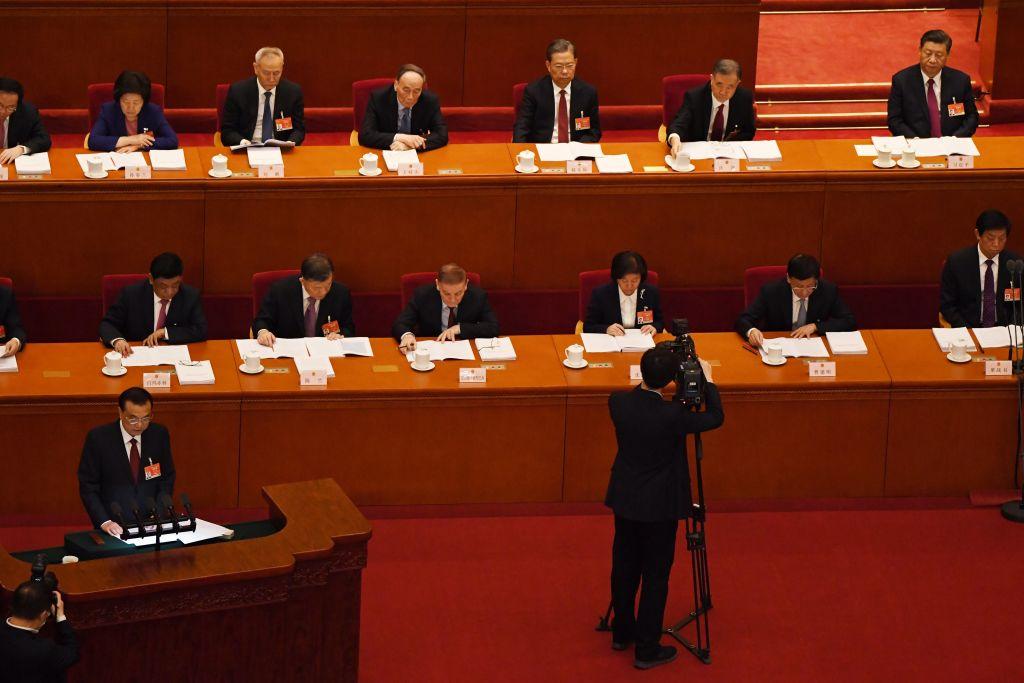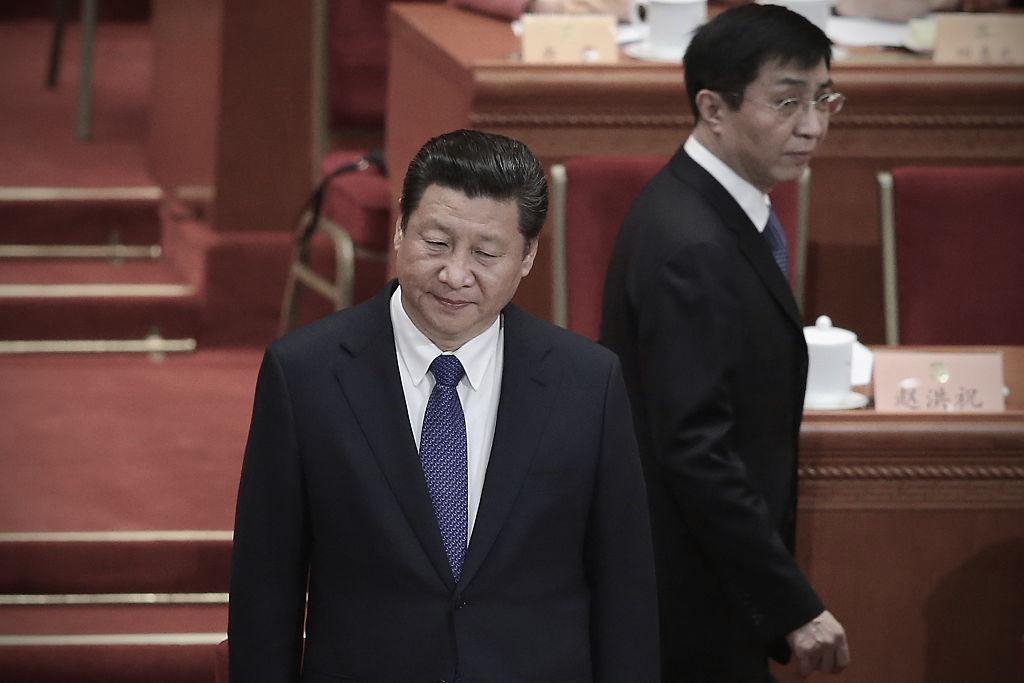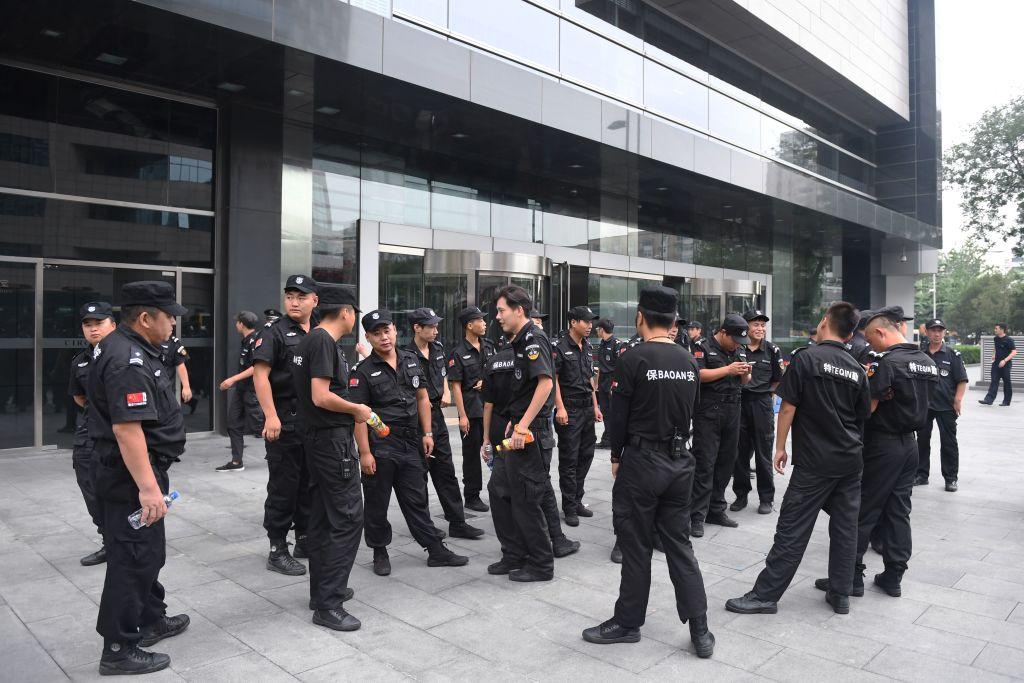Making a greater effort to attract top experts from around the world was listed as a priority in China’s 14th Five-Year Plan, which was just passed in the regime’s recent Two Sessions meeting in Beijing on March 11.
When talking to Radio Free Asia, American-based Chinese economist Cheng Xiaonong said the new Five-Year Plan is an extension of China’s previous Thousand Talents Plan. The essence is the same; both plans intend to steal foreign intellectual property and advanced technology by poaching experts from overseas.





